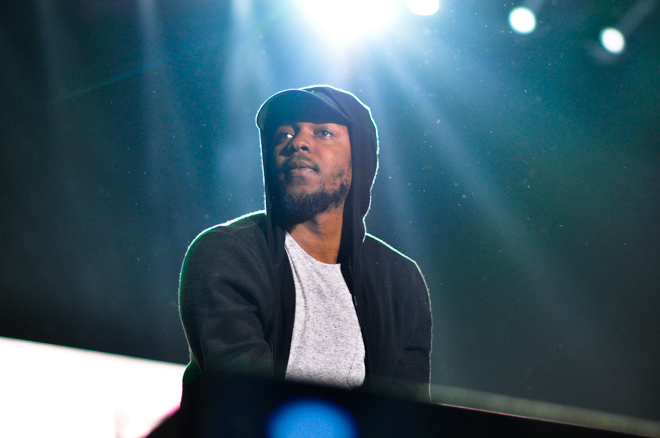
We all remember the recorder. There’s a time in all our lives — the early years — when music is considered an indispensable part of learning. We are excited to blow incongruent melodies through a magical stick and we get even more excited when those melodies become congruent. Though we don’t have the words yet, we are starting to learn how sounds can come together in a uniquely powerful form of expression. As time goes on, however, our educational system retires the recorders, the xylophones, the shakers, in favor of stiffer forms of learning, and we find meaning and community in other worlds.
We begin with music for good reason. Study after study validates the worth of music as an educational tool. In kids, music often produces better language development and higher IQ. But even for young adults, researchers Cameron White and Susan McCormick find that song can enhance understanding of issues like poverty, racism, abuse and more. In a much-cited 1994 experiment, students overwhelmingly reported that it helped them grasp sociological concepts. Thus it seems inexplicable that the older we grow, the less our education system incorporates music into learning. Instead, we begin to speak more and write more, a transition based in positive intention but unfortunate expense.
As our campus grapples with complex issues of social justice, and as OpenXChange seeks to mediate them, this body of research suggests music as the remedy. We ought to be listening — or perhaps, listening more critically. For insight on black issues, for instance, the under-informed can start with the icons.
There’s a lot to learn. After all, even Kendrick’s hit single “i,” in its universalist rhetoric, is an ode to Compton. Similarly, rap’s anti-authority attitude (perhaps most popularized in NWA’s “Fuck the Police”) shouldn’t be decontextualized — in NWA’s case, it came from the rampant police brutality of that era’s Los Angeles and its notoriously broken judicial system. Rather than treating hip-hop as a boisterous costume to don on Friday nights, then, we should treat rap — whether it’s about police brutality or simply success in the face of adversity — as political, rather than purely recreational.
But we must go further. After all, if our music is Top 40, our politics will be, too. In the same way that traditional learning entails new — sometimes uncomfortable — ideas, we must listen to artists with diverse perspectives, even those who push us out of our comfort zone.
Fortunately, this work is being done. Campus organizers, for example, blasted Kendrick Lamar’s “Alright” at a recent Mizzou solidarity rally. More formally, Stanford senior Janei Maynard is working on a thesis in the subject of hip-hop based education and makes a compelling, outcome-oriented case for the enrichment of social sciences through music, based on not only cultural stakes but results in “critical media literacy” and “critical consciousness” development.
So often, the failure to critically listen bears consequences. As a freshman, my friends and I cringed in my room as we heard a white counterpart across the hall throw the N-word around with some flippancy. It’s been a while, and I don’t remember the exact circumstances, but I think she might’ve been singing along to something she didn’t understand.
Contact Joshua Seawell at jseawell ‘at’ stanford.edu.